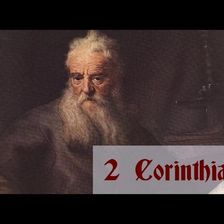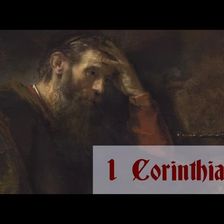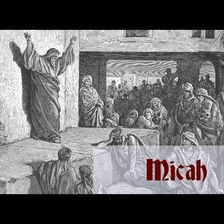Romans: Chapter-by-Chapter Commentary

*CONTENTS*
00:00:00 - Romans 1: I Am Not Ashamed of the Gospel
00:18:03 - Romans 2: You Have No Excuse
00:29:50 - Romans 3: The Righteousness of God Manifest
00:47:27 - Romans 4: Abraham Our Father
01:02:16 - Romans 5: Adam's Disobedience; Christ's Obedience
01:14:38 - Romans 6: No Longer Slaves to Sin
01:35:07 - Romans 7: The Law and Sin
01:52:12 - Romans 8.1-17: The Law of the Spirit of Life in Christ
02:02:00 - Romans 8.18-39: If God Is For Us, Who Can Be Against Us?
02:17:39 - Romans 9: God's Election of His People
02:38:08 - Romans 10: The Word is Near You
02:53:11 - Romans 11: Israel Will Be Saved
03:13:07 - Romans 12: Life in the Body
03:33:48 - Romans 13: The Law Fulfilled Through Love
03:47:58 - Romans 14: Don't Cause Others to Stumble
03:56:30 - Romans 15: The Ministry to the Gentiles
04:09:30 - Romans 16: Greetings
If you have enjoyed my videos and podcasts, please tell your friends. If you are interested in supporting my videos and podcasts and my research more generally, please consider supporting my work on Patreon (https://www.patreon.com/zugzwanged), using my PayPal account (https://bit.ly/2RLaUcB), or by buying books for my research on Amazon (https://www.amazon.co.uk/hz/wishlist/ls/36WVSWCK4X33O?ref_=wl_share).
The audio of all of my videos is available on my Soundcloud account: https://soundcloud.com/alastairadversaria. You can also listen to the audio of these episodes on iTunes: https://itunes.apple.com/gb/podcast/alastairs-adversaria/id1416351035?mt=2.
More From Alastair Roberts






More on OpenTheo















